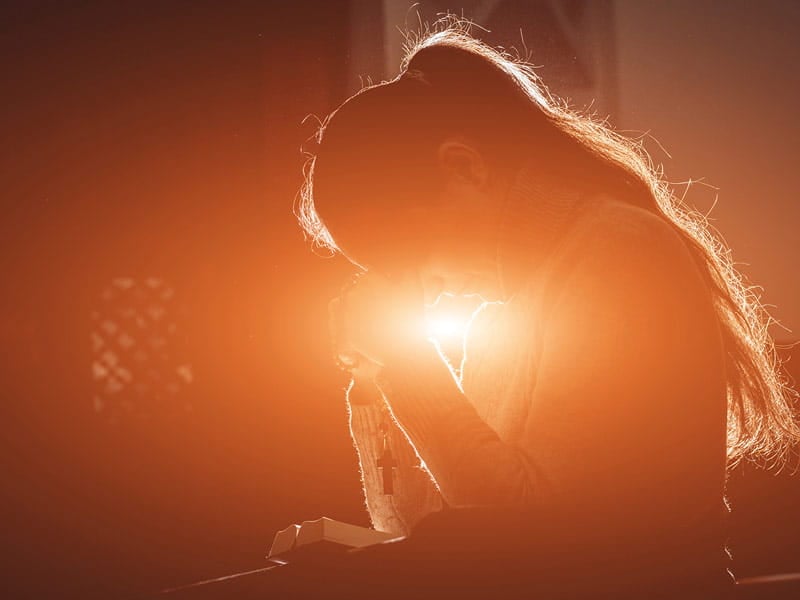Since then, Connoley has left the Catholic Church. He now attends a predominantly gay Protestant church with his partner. On Monday, Connoley stood with 300 protesters outside the National Shrine of the Immaculate Conception in Washington in a chilly wind to protest Catholic positions against homosexuality -- teachings Connoley said are killing gay youth and leading others to violence.
"Catholics, like everyone else, love their church," said Connoley, 32. "And we don't want to have to stand here with signs. But even though I love the Catholic Church, I can't support the teachings of the Catholic Church."
Connoley's painful spiritual struggle took center stage at this week's meeting of the National Conference of Catholic Bishops here. After Monday's silent protest, more than 100 demonstrators were arrested Tuesday when they blocked access to the Shrine.
The protests signaled a major strategic shift for gay and lesbian Catholics, many of whom have worked quietly but persistently behind the scenes to gain greater acceptance from the church's hierarchy. Waiting and shivering outside the Shrine, they said they have run out of patience.
"Bishops, you are hurting us," said Marianne Duddy, executive director of Dignity/USA, the nation's oldest homosexual Catholic organization. "No shepherd would hurt those in his care. We need you to stop this violence, and care for us as the people of God that we are."
NCCB President Joseph A. Fiorenza, bishop of Galveston-Houston, conceded Monday that, "We the church, including we bishops, have at times hurt people instead of serving them faithfully." Fiorenza authorized a summit meeting with Dignity leaders, but others said it was unrealistic to expect bishops to change church teachings.
"I feel terrible for anyone who hurts, and obviously they're hurting," said Bishop A. James Quinn, the auxiliary bishop of Cleveland who met with the Dignity representatives on Saturday. "But it's impossible, if not improbable, for me (to do more), when right in my face I'm expected to apologize for my conscience or my faith."
The tone of the protests caught many of the bishops off guard.
Dignity forces joined with Soulforce, an aggressive ecumenical gay rights group that has led hundreds of protesters to be arrested at several church conventions this year. The Rev. Mel White, Soulforce's co-founder, called for a boycott of tithes and talents from gay Catholics, a radical departure from Dignity's previous strategy.
Mary Louise Cervone, Dignity's president, said gay Catholics will continue to work for change within the church, and she said she is "more than happy to agree to disagree" with the bishops over issues of sexuality.
Duddy went further, saying, "We're not looking for victory here. We're looking for a reconciliation."
Dignity's main contention is not necessarily with church law that prohibits gay marriage or frowns on gay adoption, but rather Vatican pronouncements calling homosexuals "objectively disordered." Such statements, they say, fuel an atmosphere where anti-homosexual violence is acceptable.
Not so, said Coadjutor Bishop Joseph A. Galante of Dallas, who joined Quinn in the meeting with Soulforce and Dignity representatives.
"The gospel remains the gospel," Galante said. "It's challenging, but it certainly does not provoke violence and hatred towards people. There are people who can use Scripture for their own ends without being faithful to the authentic meaning of Scripture."
The bishops have tried to channel attention to other items on their agenda, and refused Soulforce's demands for an apology and a bishop to celebrate at a Dignity Mass. Galante, in the bishops' only public statement on the protests, said some things are ordered by God and cannot be changed by bishops.
"Fidelity to the gospel teaching on marriage and sexuality is an essential part of our discipleship of Christ," Galante said in a brief public statement. "As challenging as this teaching is and always has been, it is not a form of spiritual violence towards others."

